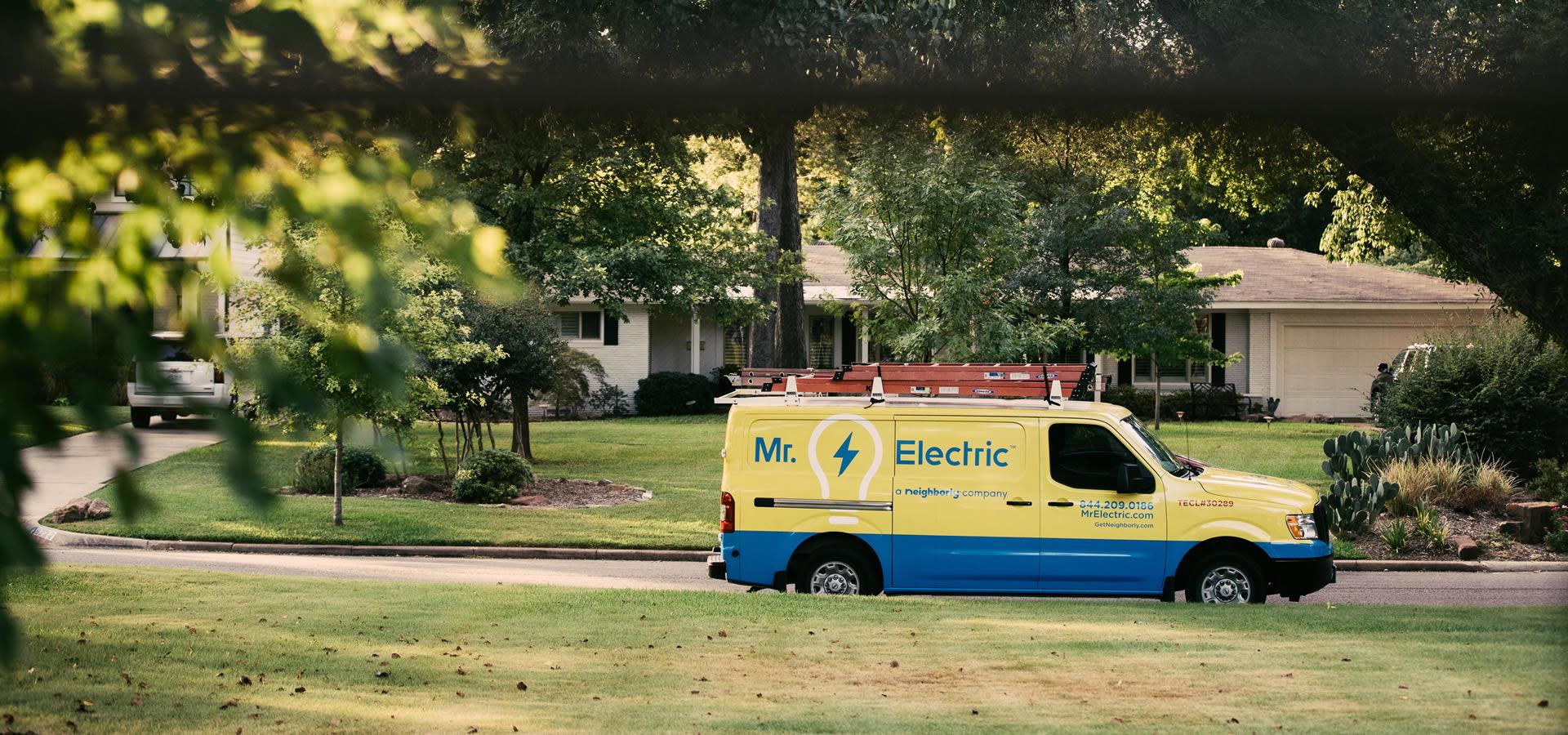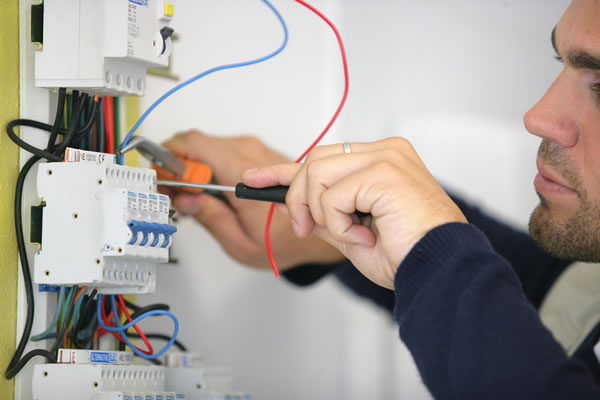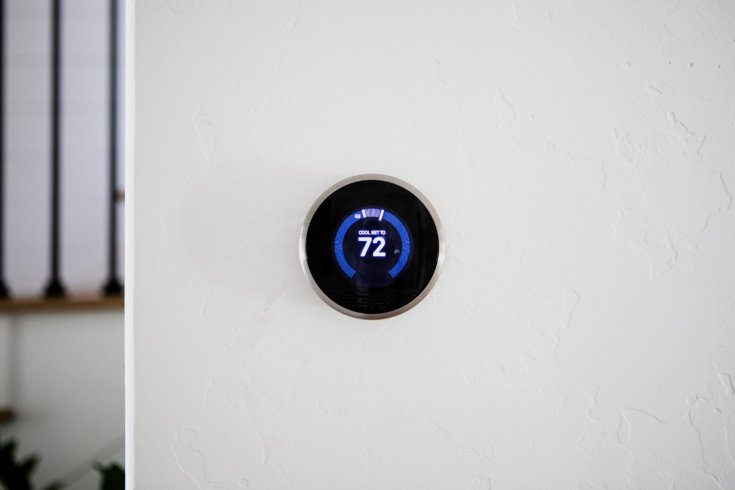How Can I Tell If A Circuit Breaker Is Bad
A circuit breaker is a device designed to protect a circuit from overloads, short circuits, and ground faults. This device automatically trips to interrupt abnormal or faulty current. However, just like with other electrical components, circuit breakers can go bad.
Let’s look at how you can determine if a circuit breaker has gone bad.
-
The Breaker Keeps Tripping
If a breaker trips every time you turn on a particular switch in your house, you could have a bad circuit breaker. However, a frequently tripping circuit breaker is not a definite sign of a bad breaker. Sometimes a breaker can trip due to an overloaded circuit or faulty equipment. Contacting a nearby electrician to diagnose the issue is a smart idea.
-
A Noticeable Burning Odor Coming From Your Electrical Panel Box
This is an obvious sign that something has gone awry with your circuit breaker. A burning smell coming from your electrical panel usually signifies overheating wires and insulation or a failure of the circuit breaker itself. If you smell something burning emanating from your electrical panel box, shut off the main power to your house and call a nearby electrician for help.
-
Lights Flicker When Using Appliances
If your lights flicker every time you turn on an appliance, such as your dishwasher, microwave, washing machine, or cooking appliance, then you might have a bad circuit. However, flickering lights can also be an indication of loose wiring, a broken switch, loose bulbs, or a voltage change. It’s best to have an electrician inspect your lighting, circuit breakers, and other electrical components and fix the problem.
-
Circuit Breaker Hot To the Touch
If your circuit breakers or the electrical panel box are hot to the touch, then there are chances that your circuit breakers have gone bad. You should call a professional electrician as soon as you notice the problem and have them perform a comprehensive inspection.
If a breaker is repeatedly tripping and won’t reset, chances are the breaker is broken and will need to be replaced. This issue can also be caused by short circuits, circuit overloads, or a wiring problem. You may want to unplug any appliances from an outlet you think might be overloaded to see if that solves the problem.
-
Visibly Damaged Circuit Breaker
Call an electrician if you notice signs of physical damage like scorch marks around the breaker, melted wiring, or signs of rust.
If you notice signs of trouble with your circuit breaker, call an experienced electrician to perform an inspection, and rectify the problem, or install a new circuit breaker. Ignoring signs of a bad circuit breaker can lead to electrical disasters such as electrical fires, appliance damage, and many other expensive problems.
Call Mr Electric for Circuit Breaker Replacement and All of Your Electrical Service Needs
Circuit breakers wear over time and need replacement. When you’re in need of circuit breaker replacement in your home or business premises, call Mr. Electric to help you out.







